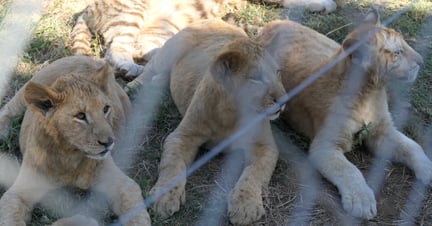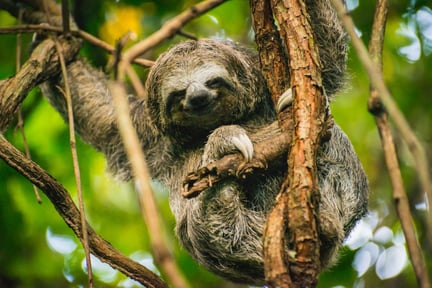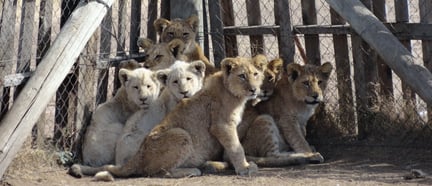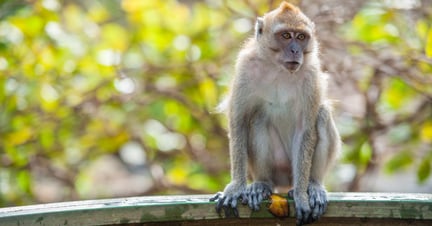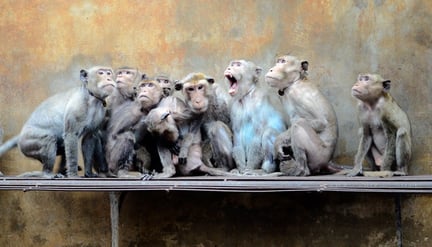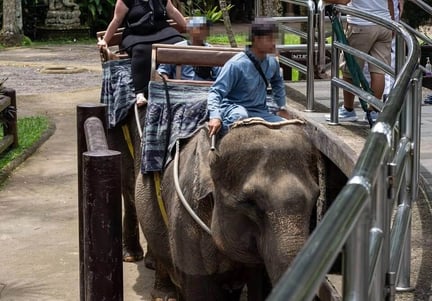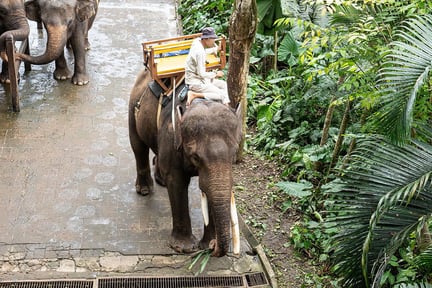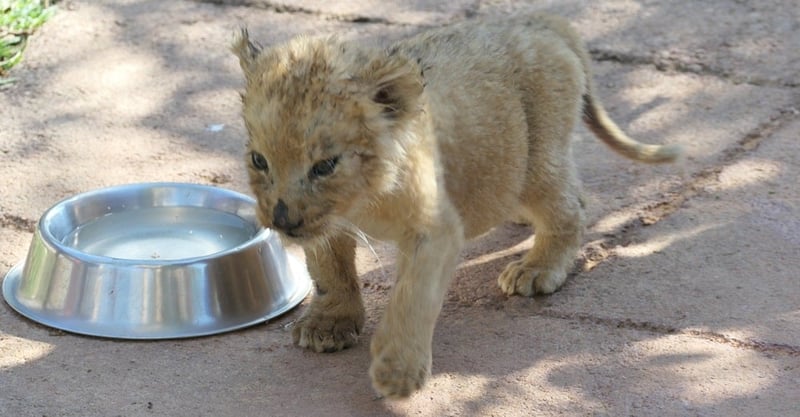
South Africa moves closer to banning captive lion breeding
News
South Africa takes a step toward banning captive lion breeding with new progress announced on the long-awaited Lion Prohibition Notice.
We welcome South Africa's latest step towards ending the cruel captive lion breeding industry, following renewed action by the government.
The Department of Forestry, Fisheries and the Environment (DFFE) has announced new progress towards publishing the Prohibition Notice that would ban the establishment of new captive lion breeding facilities.
This follows recommendations made by the Ministerial Task Team in 2023 and once published, would signal long-awaited progress towards ending the commercial lion industry.
A critical moment for lions
South Africa is home to the largest population of captive-bred lions in the world. An estimated 8,000 to 12,000 lions are held in captivity across more than 300 facilities. These lions are often bred for use in unethical tourism activities such as cub petting and trophy hunting, as well as for the bone trade.
We and other organisations have long campaigned for an end to this exploitative industry, which profits from the suffering of wild animals and poses serious risks to animal welfare, biodiversity, and public safety.
Tricia Croasdell, World Animal Protection CEO, said:
Thousands of farmed lions are born into a life of misery each year in South Africa, confined in cruel commercial breeding facilities that serve the tourism and trophy hunting industries.
"More than a year ago, the Ministerial Task Team recommended a Lion Prohibition Notice to ban the establishment of new captive lion breeding facilities.
"It's great to see this renewed commitment from the minister, but we now urge the government to make this a reality with the published Notice.
This would be a major win for lions, and a clear signal that our concerns, and those of many other animal organisations, have been heard. We continue to fight to ensure that no wild animal is bred for profit.
What happens next?
Since the Notice was tabled before the National Council of Provinces in June 2025, the required 30-day review period has now passed. The Department has completed key administrative steps, and it is now with the Executive Authority for final approval.
This could mark a crucial step toward ending the establishment of new captive lion breeding facilities in South Africa.
We will continue to push for the strongest possible protections for lions and a full and permanent end to the captive breeding industry.
No wild animal should suffer for entertainment, profit, or trade.
Related content
What is wildlife farming?
Ending commercial exploitation
Wildlife farming is the commercial breeding and raising of wild animals. Learn how you can take action to prevent their exploitation.
Animal Sentience
At World Animal Protection sentience is at the heart of everything we do, click to find out more.
Commercial captive lion breeding
Travel & tourism
Lions are exploited for financial gain around the world; discover what World Animal Protection is doing to put a stop to the commercial breeding industry.
